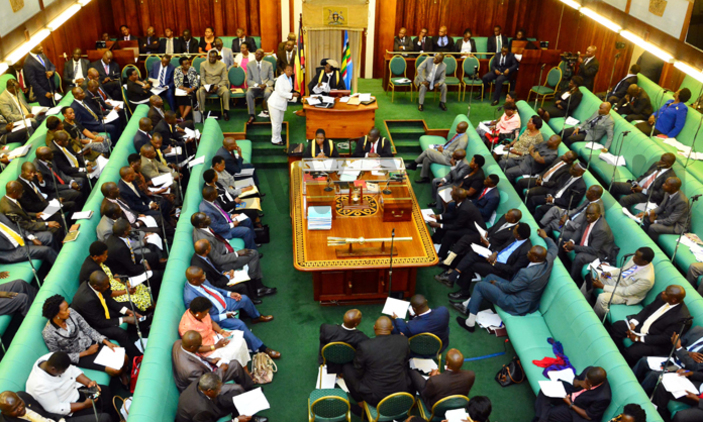
Legislators in Parliament are intensifying efforts to fast-track the re-tabling of the Minimum Wage Bill, 2015, which aims to establish a minimum wage determination mechanism across various sectors of the economy. In February 2018, parliament passed the bill, moved by Workers MP Arinatwe Rwakajara, to address gaps in the existing Minimum Wage Advisory Board Act.
The proposed bill seeks to introduce employee-employer-led minimum wage determination, as well as sector-based minimum wage determination and application. However, in August 2019, President Yoweri Kaguta Museveni declined to assent to the bill, following advice from the then attorney general, William Byaruhanga.
Bugahya County MP Pius Wakabi emphasized the urgency of addressing the minimum wage issue.
"We need to bring up the issue of the minimum wage because you will find that most employees are being paid as little as Shs 100,000 a month. That is so little that somebody cannot even survive. That means that he earns less than a dollar per day." he stated.
Wakabi suggested that a minimum wage of Shs 500,000 should be enforced to ensure decent living conditions for employees.
During a specialized training for the Parliamentary Forum on Labour, Decent Employment, and Productivity in Entebbe, Sarah Opendi, representing the state minister for Labour, highlighted the persistent exploitation of workers in the private sector. She expressed hope that the bill would soon be re-introduced as a private member's bill to address the exploitation of Ugandan workers.
Opendi emphasized that the implementation of a minimum wage would enable mandatory savings for every working Ugandan, offering them financial security.
Furthermore, legislators raised concerns about the lack of supervision and the absence of safety gear for Ugandan workers in factories and other workplaces. Opendi noted that workplace inspections are often only conducted in response to strikes or serious accidents.
Berivan Erbil Pamuk, a decent work and social protection expert at Enabel Belgian Development Agency, stressed the importance of social protection and decent work to prevent vulnerability, social exclusion, and poverty throughout individuals' lives. She advocated for the implementation of non-contributory and contributory social protection schemes, as well as labor market policies by the state to promote job seekers' integration into the labor market.
The re-tabling of the Minimum Wage Bill, 2015, is seen as a crucial step in ensuring fair wages, protecting workers' rights, and promoting decent work in Uganda. Implementing a minimum wage in Uganda would have several benefits for the country. Firstly, it would help reduce poverty by ensuring that workers receive a basic level of income to meet their needs. This would lead to improved living standards for workers and their families. Additionally, a minimum wage would contribute to reducing inequality by narrowing the gap between low-income and higher-income earners, promoting social equity. By providing workers with more disposable income, a minimum wage would also stimulate consumer spending, thereby boosting economic growth. Overall, a minimum wage policy in Uganda would lead to a more stable and prosperous economy, with healthier and more productive workers.

















